Cartoony Animation Course for 3D Animators
Push your cartoony animation with classic Looney Tunes-style techniques in this 6-week workshop
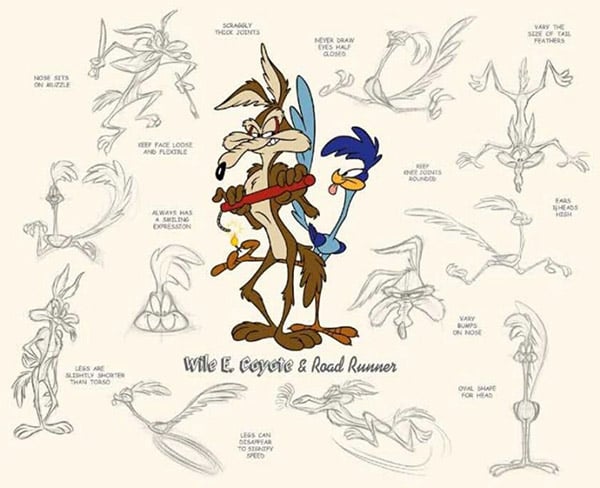
Model Sheet of Wile E. Coyote and Road Runner
Master Exaggeration - One of the 12 Principles of Animation
6-WEEK COURSE
$899 USD
Pro Animators Mentor You to Be Successful
Our cartoony animation workshop allows you to learn, practice, and get 1:1 feedback and reviews from our mentors. You will have the chance to learn from them in live conversations as they share insights about what studios are working on and what qualities they look for in an animator. Our mentors will work directly with you to grow and improve your cartoony animation skills.


Mark Oftedal
Chief Creative Officer
Digital Fish
Mark Oftedal is a character designer, animator, and animation instructor. He studied character animation at the California Institute of the Arts and earned an animator position at Pixar where he worked on Toy Story, A Bug's Life and Toy Story 2. Mark was also a part of the award-winning short film, "The Pumpkin of Nyefar", where he traveled to Thailand to co-direct.
Mark has also co-founded the 3D software service provider DigitalFish Inc. who clients include DreamWorks Animator, Google and NASA. Since 2009, Mark has worked on character concepts for feature film clients like Pixar, Sony Animation and Warner Brothers Animation. He's also taught animation at Animation Mentor and other studios and still continues to teach to this day. In 2013, he has worked with Oscar-winning director Jan Pinkava on his short, "Windy Day", and in 2014 he has directed the follow-up, "Buggy Night" for Google.
Choose Your Mentor
Review available mentors and Q&A times. All Q&A times shown in Pacific time.
1-on-1 Feedback from a Studio Pro
Add Some Variety to Your Demo Reel
Cartoony Animation Student Gallery
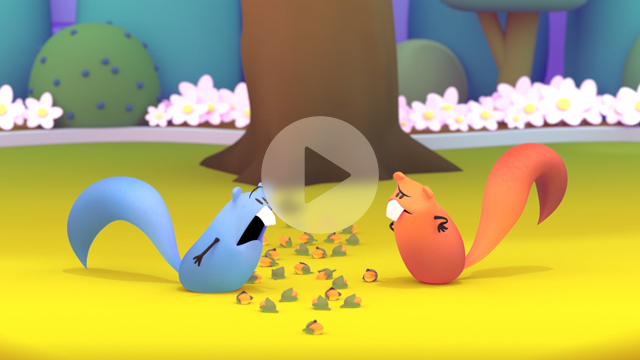
Torben Soettrup
Bob Wilson
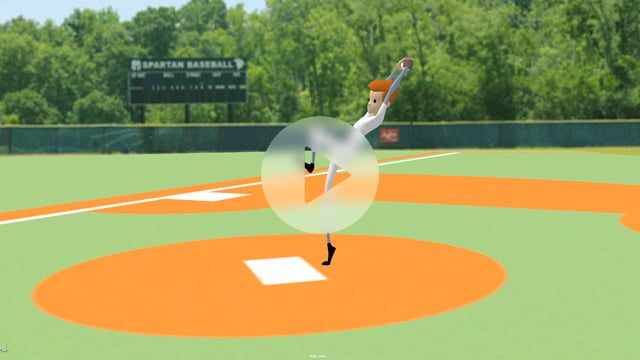
Jose Molina
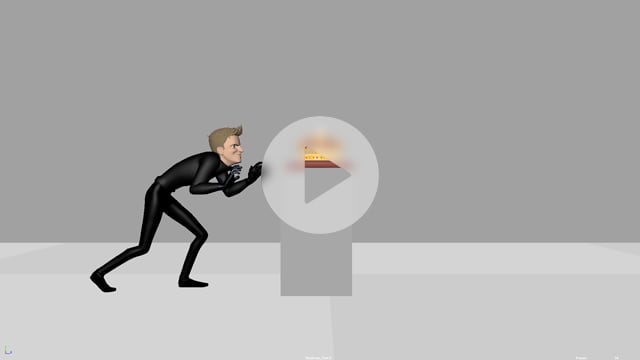
Neave Lifschits
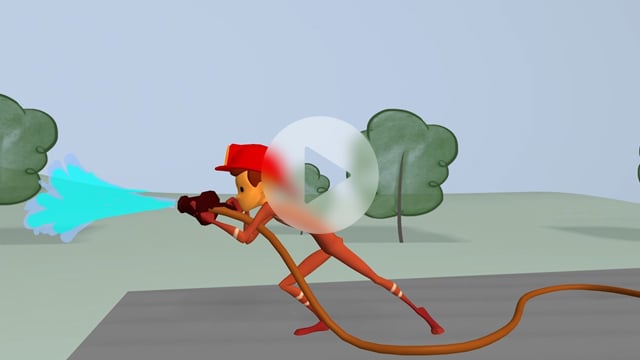
Daniel Vargas
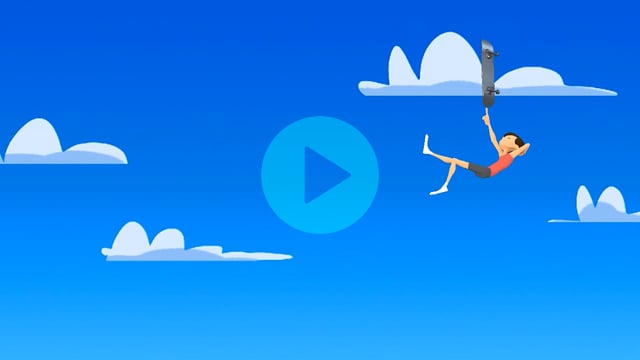
Christopher Wright
On-Going Rig Access

STEWART

SQUIRRELS
What You’ll Learn in Cartoony Animation Course for 3D Animators
Week 1
What Makes a Strong Pose
In this introductory session, you’ll go over what makes a good pose and receive some drawing tips. You’ll also cover the difference between optics and constructional drawing.
Week 2
Break Down Master Animators’ Poses
In this session, we’ll build upon what we learned last week and do a deeper study of animation from the masters. Your mentor will give a live demonstration of their technique and workflow for master studies of animation, before having you try it yourself with a provided clip.
Week 3
2D Concepts
This week we’ll explore the art of clear posing and line of action in 2D animation, and learn how we can apply these techniques to 3D animation planning.
Week 4
2D Character Animation I
Create character animation drawings that properly convey appealing and entertaining actions to the audience. In this session, you’ll simplify your characters and use breakdowns to showcase dynamic character transitions.
Week 5
Bringing 2D Principles to 3D Character Animation I
Bring a whole new experience to your 3D animation! This session ties together all the 2D principles you studied in previous sessions and you’ll see how to apply that to a character within Maya. Your mentor will demonstrate this workflow and you’ll start to block out a shot in Maya using these techniques.
Week 6
Bringing 2D Principles to 3D Character Animation II
In this session you’ll refine the shot you started in Session 5 and keep pushing your shapes and lines of action. Your mentor will continue to demonstrate their workflow and techniques to bring that extra sparkle to your animation. You’ll finish with a clip of cartoony animation in the style of Looney Tunes and Disney’s Nine Old Men.
Course Requirements for Cartoony Animation for 3D Animators
Course Details
LIVE Q&As |Weekly 1-hour Q&As
ASSIGNMENTS | 5 Animation Exercises
SOFTWARE | Our rigs and demonstrations use Autodesk Maya, but you are welcome to use any other 3D software or rigs that you choose. Students also need the Grease Pencil tool (Free in Maya) and a simple video editing tool like VideoPad Home Edition in order to prepare and upload submissions for review
HARDWARE |Meet Minimum Requirements
AGE | 18 Years or Older
LANGUAGE | Taught in English
Skills You Need Before You Start
Cartoony Animation for 3D Animators requires you to have a working knowledge of, and experience with, Autodesk Maya.
- If you’re not familiar with Autodesk Maya you can take our Maya Workshop
- You’ll also need a working knowledge of Body Mechanics. This workshop builds on the skills needed for animating people and other bipeds. If you don’t know anything about body mechanics you can take our Core Animation Course which include a thorough grounding in body mechanics.
What You’ll Learn
We’ll begin with hand-drawn master studies of great animation, which will teach you cartoony tricks that are most efficiently absorbed via drawing. Once the juices are flowing, you will explore shape change and flexibility in a series of quick mini-lessons. Finally, you will create a simple cartoony animation following the traditional workflow and, when done, recreate that animation and workflow using a 3D character.
After taking our Cartoony Workshop you’ll be able to:
- Push poses to their extremes to create dynamic movement and stories
- Think like a 2D animator and be incredibly intentional when planning out your animation
- Craft and sculpt every single pose on screen, to ensure the narrative intent reads clearly
- Use smear frames and other advanced animation techniques to create appeal and visual interest, and to help your animation read
- Create shots that are eye-catching for your demo reel, which will prepare you to work on inspiring and innovative films like Spider-Man: Into the Spider-Verse
FAQ for Cartoony Animation for 3D Animators
What is cartoony animation?
Cartoony animation can be easily recognized by the exaggerated and stylized character movement. Think of Wile E. Coyote’s long neck drops and Road Runner’s spinning legs. The colors of cartoony animation also tend to be simpler, without excessive use of shading or detailing.
What is the difference between Japanese anime and western animation?
There are 2 main differences between Japanese and western animation. Western animation usually follows the rules of animating in 24 fps and focusing more on the exaggerated movements of the characters. Japanese animation, however, is done in a variety of frames per second (12, 8 or even 6) and focuses heavily on detailed characters and sharper, less fluid movement.
What’s the difference between 2D animation and 3D animation?
The biggest difference between 2D and 3D animation is the depth of field that 2D animation lacks. When something is not visible in 2D it doesn’t exist. In 3D every object is always present, even when it is behind something. This changes the fundamental way an artist needs to think when creating scenes and characters.
If I want to retake the workshop do I have to pay for it again?
Yes. However, all of our students have lifetime access to their classroom and all the instructional videos, study tools, tutorials, and breakdowns of the techniques covered in the workshop. If you would like to retake the class to get more individual instruction and feedback on your demo reel shots, you absolutely can.
Can I get a refund if I wasn’t satisfied with the workshop?
No.
Can I include my work from the workshop in my demo reel?
Yes. The workshop is purposefully designed in order to help you build and polish cartoony animation shots specifically for your demo reel.
How many hours should I dedicate per week to make the most of the course?
The course videos, live demos, and feedback sessions take approximately 4 hours per week. The assignments and homework require an additional 10 hours per week of work time.
What Cartoony Students are Saying
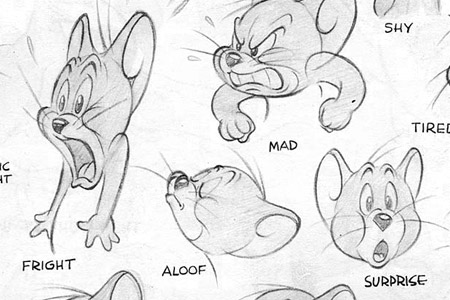
Mentor was Phenomenal
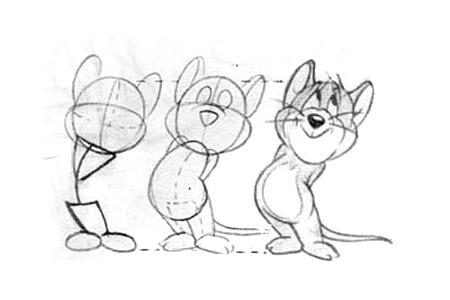
Pushing Me While Keeping My Original Idea
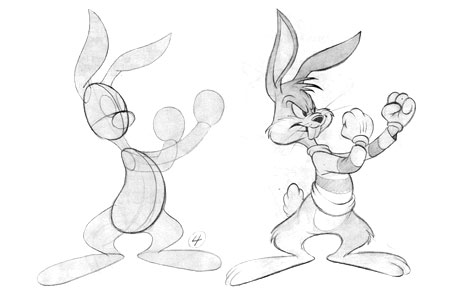
Every Student Needs to Take This Class
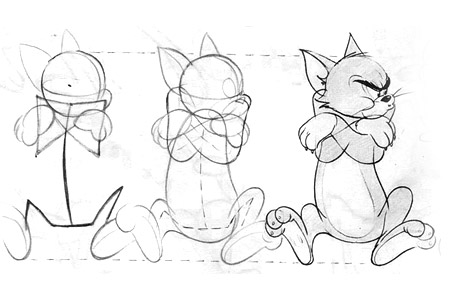
So Fun to Animate
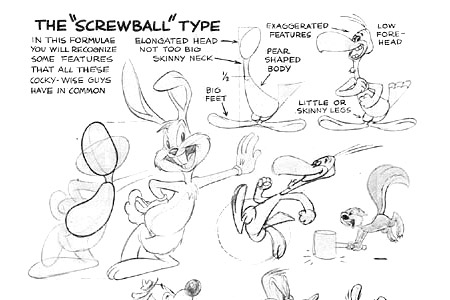
Let Us Explore
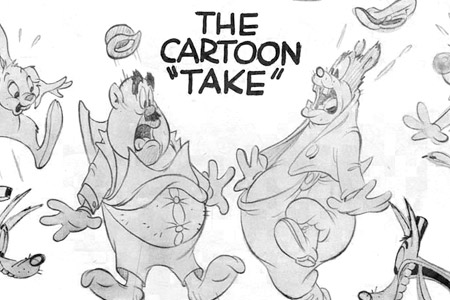
Best Teacher Ever
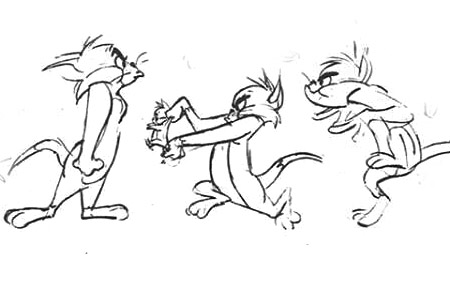
Upgraded Skills

Mentor was Phenomenal

Pushing Me While Keeping My Original Idea

Every Student Needs to Take This Class

So Fun to Animate

Let Us Explore

Best Teacher Ever

Upgraded Skills
Related Courses
If you’re interested in cartoony animation, we think you’ll love these courses!
Animation
Basics
12-Week Course
Begin your character animation journey and master the basics.
Previs Basics
for Animators
6-Week COURSE
Quickly animate, layout, and stage shots for production.